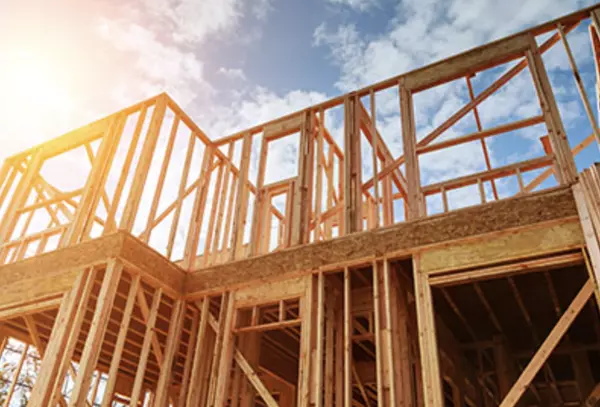Understanding MUD and PID Taxes: What Every Homebuyer Should Know

When purchasing a home in North Houston, understanding all the costs associated with homeownership is essential. Beyond your mortgage, insurance, and property taxes, you may also encounter MUD (Municipal Utility District) taxes and PID (Public Improvement District) taxes—two common assessments that can impact your overall expenses.If you’re considering a home in a newer development or a master-planned community, knowing how these taxes work will help you make an informed decision.
What Is a MUD Tax?
A Municipal Utility District (MUD) tax is a fee that helps fund essential infrastructure—such as water, sewage, roads, and drainage—for communities that were built outside of an established city’s services. Since developers need to provide these utilities, MUDs issue bonds to cover the costs, and homeowners within the district pay back those bonds through property taxes.Key Points About MUD Taxes:
- Where MUD taxes apply: Typically found in newer developments and suburban communities that were not originally part of a city’s infrastructure.
- How they are assessed: MUD taxes are included in your annual property tax bill and are calculated as a percentage of your home’s assessed value.
- Long-term impact: As the district pays off its debts, the tax rate can decrease over time, but this process takes years and varies by location.
What Is a PID Tax?
A Public Improvement District (PID) tax is used to fund community enhancements such as landscaping, parks, roads, and other public improvements that contribute to the neighborhood’s overall appeal. Unlike MUD taxes, which focus on essential utilities, PID taxes are designed to maintain and improve the quality of the community.Key Points About PID Taxes:
- Where PID taxes apply: Often found in master-planned communities that offer amenities such as walking trails, lakes, and enhanced landscaping.
- How they are assessed: PID taxes are sometimes billed separately from property taxes and may be paid annually or in installments. Some homeowners have the option to pay off the assessment early.
- Long-term impact: Unlike MUD taxes, PID assessments do not decrease over time unless the district is paid off early or the local government decides to reduce the fee.
How MUD and PID Taxes Affect Your Home Purchase
While MUD and PID taxes contribute to the development and maintenance of desirable communities, they also increase your overall housing expenses. This is why it’s important to factor them into your budget when considering a home.Making an Informed Decision
Whether you’re looking at a home in a newer community with updated features or an established neighborhood with unique character, understanding these tax obligations will help you choose the right home for your lifestyle and budget.I guide homebuyers through this process, ensuring they fully understand the financial commitments of their purchase. If you have questions about MUD and PID taxes or want to explore your options, let’s connect.Categories
Recent Posts

How to Buy New Construction in Conroe: A Complete Guide for North Houston Homebuyers

How to Choose the Best Real Estate Agent in Montgomery County

Discover Your Dream Home in North Houston's Best Communities

Understanding MUD and PID Taxes: What Every Homebuyer Should Know

What to Look for as a First-Time Real Estate Investor: Your Guide to Success

House Hunting On A Budget

Houston's Real Estate Boom: How First-Time Buyers Can Compete

Top Neighborhoods for First-Time Homebuyers: Finding the Perfect Fit | Conroe, Texas and Surrounding Areas

Why Buy Now: Navigating the Shifting Landscape of Interest Rates and Home Prices

8 Essential Questions to Ask Your Mortgage Lender When Buying a Home

"Tell me more details so I can best serve you! "

